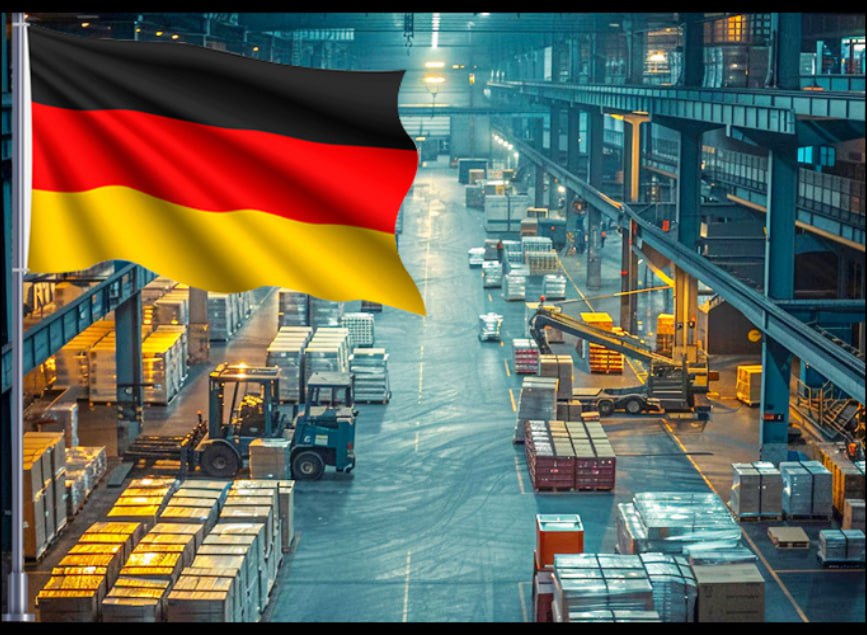
Germany Factory Orders
Germany’s factory orders experienced a steep 5.8% month-over-month decline in August 2024, the sharpest drop since January and well below market expectations of a 2.0% fall. This comes after a 3.9% rise in July, driven largely by one-off large-scale orders for aircraft, ships, and trains.
Key Factors Behind the Decline
The significant drop in factory orders in August was driven by multiple factors across various sectors:
Orders for capital goods—items used by businesses to produce products, such as machinery—fell the most. This indicates weaker business investment and a cautious outlook among companies on future demand.
- Intermediate goods—products used in the production process—also saw a decline, reflecting slowing industrial activity.
- Consumer goods orders dropped as well, signaling weakened demand for finished products from both domestic and international markets.
Foreign and Domestic Demand: A Mixed Picture
Germany’s factory orders faced a major slump in both domestic and foreign demand, though with notable differences:
- Foreign Orders: Orders from foreign markets decreased by 2.2%. The Eurozone, in particular, saw a dramatic 10.5% drop in orders, highlighting weakening demand within the European trading bloc. However, demand from outside the Eurozone provided a brighter spot, growing by 3.4%, driven by stronger orders from non-European markets.
- Domestic Orders: The biggest blow came from domestic demand, with orders plummeting by 10.9%. This sharp decline reflects significant challenges within Germany’s own economy, including potentially higher costs, inflationary pressures, and weakened consumer and business sentiment.
Excluding Large Orders: A More Moderate Decline
When excluding large-scale orders, new factory orders still fell by 3.4%. However, looking at a broader timeframe, orders were 0.7% higher in the June-August period compared to the previous three months, providing some hope of a more stable long-term trend.
Economic Outlook: Troubled Times for German Manufacturing
The sharp drop in factory orders underscores ongoing challenges for Germany’s manufacturing sector, which is grappling with weak demand both domestically and from key markets within the Eurozone. The decline in capital goods orders reflects hesitancy among businesses to invest, while the steep drop in domestic orders highlights internal economic difficulties.
Share
Hot topics

Trading with price action
When they start, most traders will believe that they must discover the ideal indicator for success. At otet markets, we see this every day.They test a variety of indicators, including...
Read more




Submit comment
Your email address will not be published. Required fields are marked *